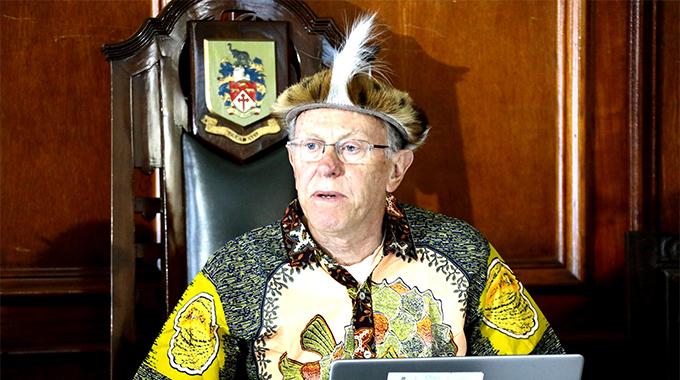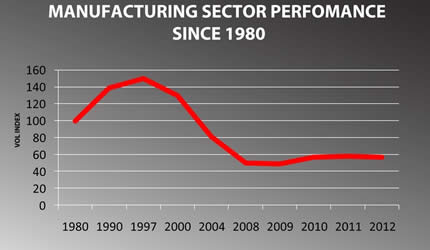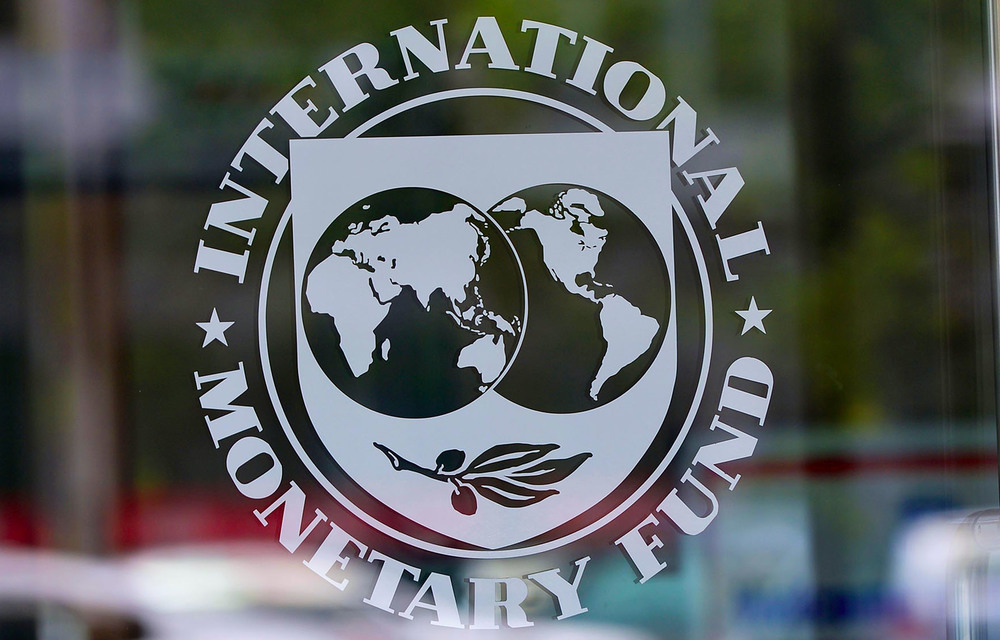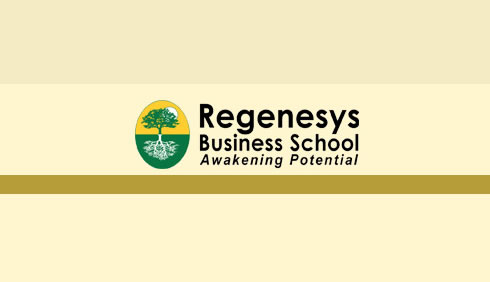It seems that everything this August has taken on a bit of the flavour of Women's Month and we at Regenesys are no less prepared to allow the occasion to pass by unnoticed. But we have a slightly different, more serious take on it. This week's newsletter looks at the incredibly significant issues that lie under the lighthearted surface festivities.
Gender equality for all
As Women's Month 2013 nears its end, there may be some who are letting out a tiny sigh of relief. Following in the footsteps of Christmas, Easter, Mothers' Day and countless others, Women's Day has, it seems, been reduced to a commercialised money-churner for everything from cosmetics to television shows. And, somewhere in the plethora of media messages urging us not to forget this special day, what has been forgotten is that very specialness - the reason why we are celebrating women in the first place.
Gender equality is right at the very heart of this. To quote UN Secretary-General Ban Ki-moon's recent report, A Life of Dignity for All, "The new agenda must ensure the equal rights of women and girls, their full participation in the political, economic and public spheres and zero tolerance for violence against or exploitation of women and girls". Gender equality is the baseline without which any real constructive inclusion of women in society is impossible.
As the Secretary-General's report suggests, the term ‘gender equality' refers to the equal treatment of men and women. In a gender-equal society, the two sexes enjoy equality in law and in social situations, and receive equal pay for equal work. Once the promotion of gender equality is seen by all as an encouragement of greater economic prosperity, the stage will be set for truly equal opportunity in South Africa.
It is heartening to note that, ill-content to wait for the business world to cotton on to this idea in its own time, the South African government is already in the process of developing more stringent laws to enforce gender transformation compliance in both the private and public sectors. This new legislation, which will come into effect in 2015, will force government and the private sector to fill a minimum of 50% of all senior and top management positions with women. The Women Empowerment and Gender Equality Bill is currently being presented in Parliament and will permit the state to fine or even imprison executive heads who contravene it.
Government's decision to form the Women Empowerment and Gender Equality Bill came in response to the shocking revelation that, despite the fact that more than half of SA's university graduates are women, only 44% of these women are employed in corporate South Africa, with just 19% becoming top managers and a negligible 9% of these being black women.
Why is this? The first place at which fingers tend to be pointed is the historical legacy of inequality in our country. Interestingly enough, however, certain attempts to redress this legacy have actually created further impediments to gender equality. We refer specifically here to Broad-Based Black Economic Empowerment (BBBEE), which, with its tunnel-vision-like focus of racial inequality, has, to a large extent, left gender transformation flailing in the wind.
Meanwhile, Affirmative Action attempts to bridge this gap. Unfortunately, however, Affirmative Action is of little use to the truly less fortunate as it only really assists those who have at least obtained their Senior Certificate. For this reason, among others, the women most harshly affected by gender inequality are those who live in rural areas - where inadequate or even non-existent infrastructure and access to education continue to keep each successive generation trapped in an endless cycle of poverty and disempowerment. Thanks to inequality in education, the unemployment rate amongst this group is the highest in the country. The irony is that it is this point - the very place where equal opportunity should begin - to which the reach of equal opportunity does not, as yet, extend.
Nevertheless, the wheels of progress, if slow, are in motion. Government, the private sector and higher education and training institutions have begun to work together to design a comprehensive plan that will identify and create opportunities for women to actively participate in the formal economy.
This is part of the inspiration behind the Regenesys Free Business Education initiative, which offers a solution to this challenge by encouraging economic participation among disadvantaged women. It does so by enabling rural women access to free educational material on their mobile phones. What's more, female entrepreneurs in search of more in-depth knowledge can access study guides online to assist them in the day-to-day running of their businesses. This is why it is important for government to continue with its efforts to provide telecommunication services to disadvantaged communities. In the very near future, mobile telecommunications will initiate an unprecedented knowledge boom amongst people who formerly had virtually no access at all to information.
Despite all of these challenges, South African women leaders are making great strides on the international landscape, both politically and in business. In July this year, UN Secretary-General Ban Ki-moon announced Ms. Phumzile Mlambo-Ngcuka's appointment as UN Women Executive Director. She will deal specifically with gender equality issues on a global scale. And towards the end of last year, in an equally momentous development, Ms. Nkosazana Dlamini-Zuma took on her new post as Chairperson of the African Union Commission.
For gender equality discussions to be more than mere lip service, they cannot be isolated to a single month once a year but, rather, should take the form of a continuous dialogue. Equal exposure for men and women to the same opportunities is imperative for gender equality to succeed. Equity leads to equality. Women should not be excluded from or disadvantaged in relation to decision-making and access to economic and social resources.
The empowerment of women begins by identifying and redressing power imbalances and giving women more independence to manage their own lives. Gender equality does not mean pretending that men and women are identical, one sex indiscernible from the other. Gender equality is about embracing those differences as equally valuable. Gender equality is not a new fragrance line or branded coffee mug; it is a better future toward which every single one of us has a moral obligation to strive.
- Regenesys
 David Coltart takes on the Church of England
David Coltart takes on the Church of England  South Africa ripe for a coup
South Africa ripe for a coup  India dumps US Treasury bills
India dumps US Treasury bills  Zimbabwe's dollar stock exchange surges 45%
Zimbabwe's dollar stock exchange surges 45%  Gold edges up as traders await guidance
Gold edges up as traders await guidance  fastjet introduces Bulawayo-Victoria Falls flights
fastjet introduces Bulawayo-Victoria Falls flights  Young Investment Professional (YIP) Graduate Programme 2019
Young Investment Professional (YIP) Graduate Programme 2019 











 Young Investment Professional (YIP) Graduate Programme 2019
Young Investment Professional (YIP) Graduate Programme 2019
Editor's Pick